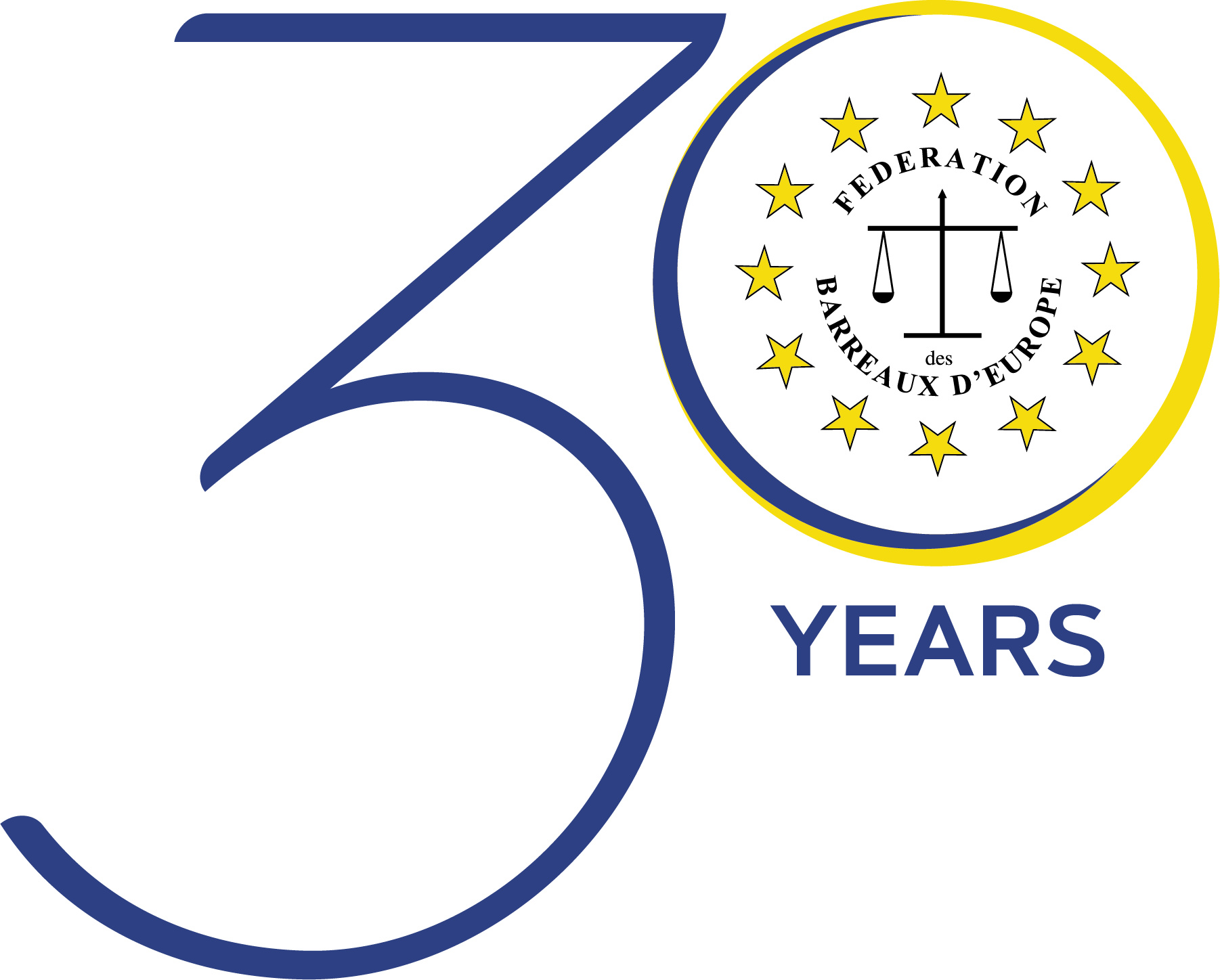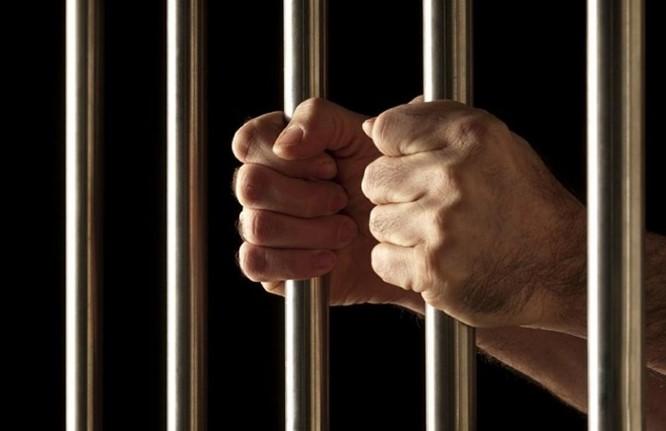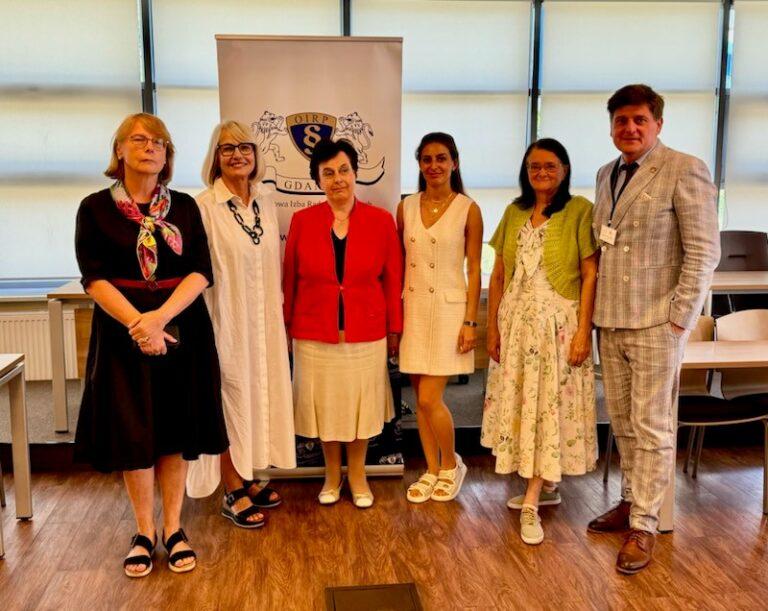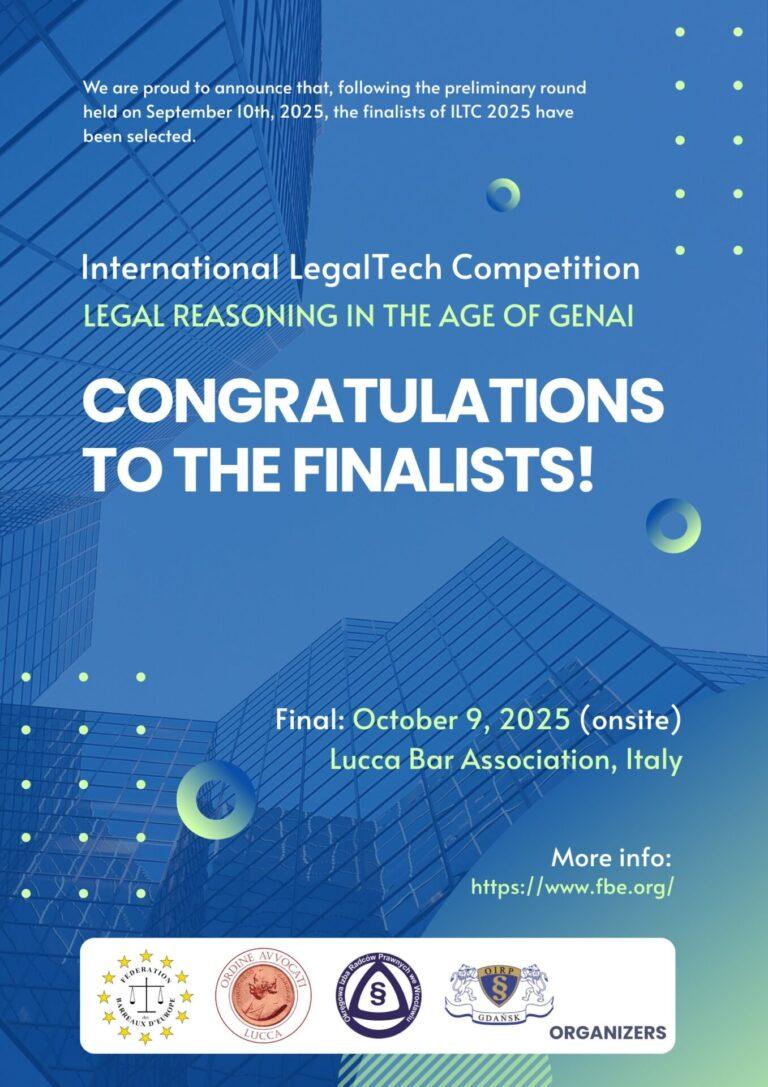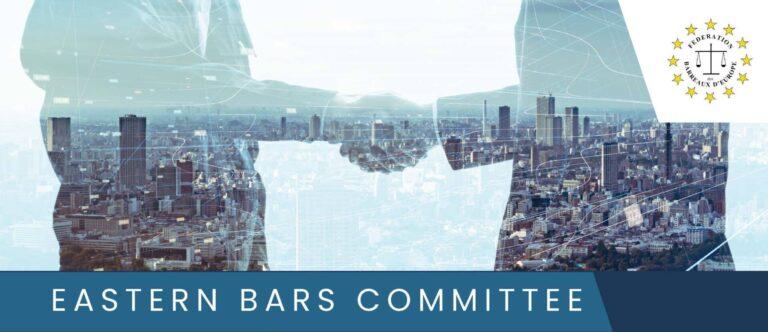In many countries around the world, January 24 is celebrated as Endangered Lawyers Day. This year’s Endangered Lawyers Day focuses on the situation in Belarus.
International Endangered Lawyers Day is intended to draw attention to the situation of lawyers in a given country, to raise awareness of the threats they face in their profession. Events are organized as part of the celebrations of Endangered Lawyers Day.
The date of Endangered Lawyers Day refers to the events of 1977, when four lawyers and one office worker were murdered in Madrid. This event later became known as the Atocha Massacre.
In previous years, Endangered Lawyers Day has been dedicated to, among other things, countries such as Iran (2024), Afghanistan (2023), Colombia (2022), Azerbaijan (2021), Pakistan (2020), Turkey (2019 and 2012), Egypt (2018), China (2017), Honduras (2016), the Philippines (2015), the Basque Country/Spain (2013) and Iran (2010).
In 2025, the Day of the Endangered Lawyer spotlights the persecution of lawyers in Belarus, who face systematic harassment and interferences with their professional activities. Following the Presidential election and mass protests in 2020, a crackdown by the government has resulted in the targeting of lawyers, journalists, human rights defenders, and dissidents. In Belarus the legal practitioners face increasing criminal sanctions, arbitrary detentions, and systemic interference in their professional duties.
Vague and overbroad national security laws have been applied to silence critics of the government and those upholding the rule of law. Thousands of people have been subjected to arbitrary arrest, detention, and prosecution, and have been sentenced following unfair trials. There are also reports of widespread torture and other ill-treatment, as well as incidents of enforced disappearance.
Constitutional and legislative changes have further eroded the independence of the judiciary and legal professional bodies. Such amendments have tightened the executive branch’s control over the judiciary and the legal profession. Accordingly, the fundamental principle of the separation of powers has been extinguished.
The Belarus Republican Bar Association and territorial bar associations lack independence and rather than protecting and supporting their members, these associations are being used by the Ministry of Justice to crackdown on lawyers who take on human rights and politically sensitive cases. Lawyers have faced harassment, arrest, and detention, as well as disciplinary measures simply for doing their job. As well as impacting on the rights of individuals this has a chilling effect on access to justice and rule of law.
The process of terminating a lawyer’s license in Belarus notably lacks transparency, representation, and impartiality. The arbitrary nature of these proceedings undermines the independence of the legal profession and fosters an environment where lawyers operate under the constant threat of losing their professional status. This systemic assault is aimed at silencing the legal community and inhibiting its ability to uphold democratic principles and human rights effectively.
There are the UN Basic Principles on the Role of Lawyers and relevant conventions to which Belarus is a signatory, as well as governing national legislation, requirements to practice, disciplinary procedures, and the functioning of bar associations.
It results a series of recommendations to improve the situation for lawyers in Belarus, including:
1. Ensure lawyers are able to perform their professional duties without intimidation, harassment, or interference.
2. Lawyers must not be associated with their clients’ cases or causes.
3. Lawyers should have the right to establish and join self-governing professional associations to safeguard their interests.
4. Professional associations must be empowered to ensure that everyone has equal and effective access to legal services.
5. Disciplinary proceedings against lawyers should be overseen by impartial bodies—whether within the legal profession, an independent authority, or a court—and subject to independent judicial review.
6. Ensure no discrimination regarding entry into or continued practice in the legal profession based on race, ethnicity, gender, religion, political opinion, or any other status.
7. Ensure the safety of lawyers who face threats as a result of fulfilling their professional duties.
8. Ensure lawyers do not face legal repercussions for statements made in good faith while representing their clients.
9. Ensure lawyers are free to engage in public discussions and to join or form national and international organisations without fear of repercussions.
10. Everyone must have the right to access legal services and lawyers of their choice to defend their rights.
11. Anyone charged with a criminal offence must be informed of the charges immediately and have access a lawyer of their choice.
12. Ensure lawyers have unrestricted access to all relevant information and documents for effective legal representation, across all courts and offences.
13. No court or administrative body should refuse to recognize a lawyer’s right to represent their client.
14. Immediately reinstate lawyers disbarred due to political motivations and release lawyers imprisoned for political reasons.
(the study is based on the report “Endangered Lawyers Day Team”)
